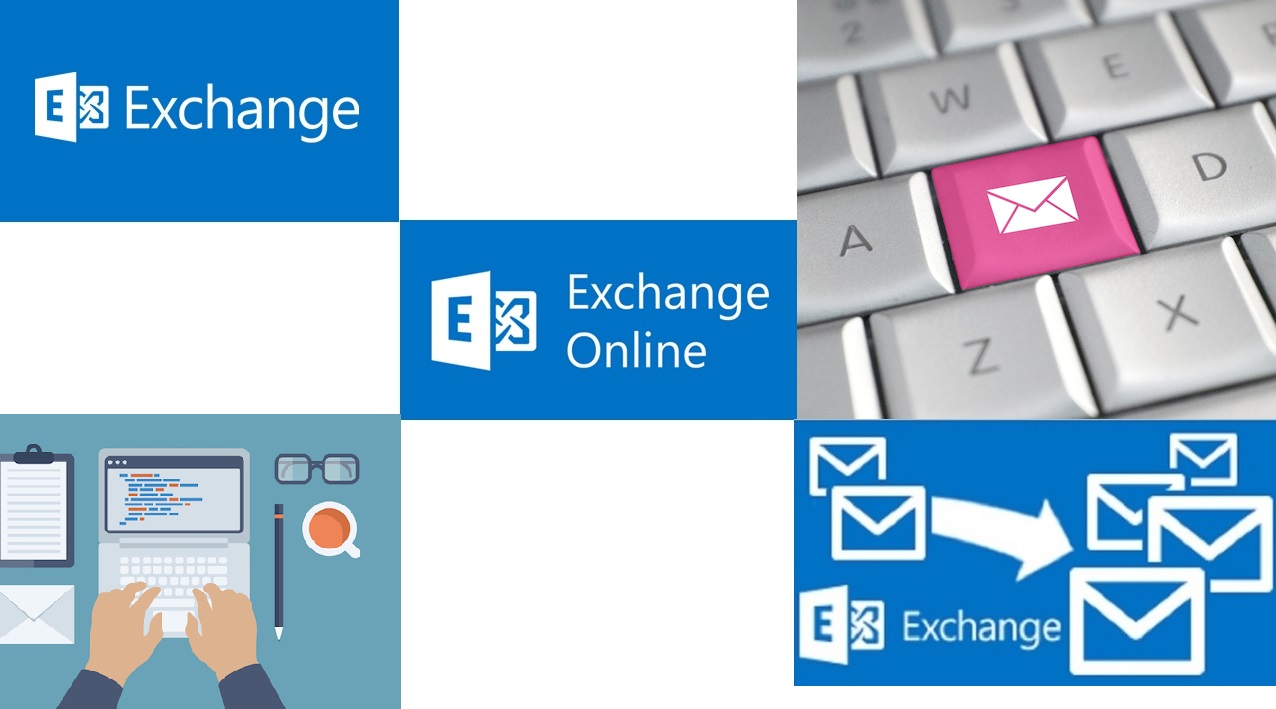Microsoft Withdraws Plans to Charge for Office 365 Inactive Mailboxes
A New License for Inactive Mailboxes
Just before Ignite, a UK-based publication reported that Microsoft planned to require Exchange Online inactive mailboxes to have a new license. Inactive mailboxes are a cloud-only feature that Office 365 tenants use to preserve the mailboxes of ex-employees or as a migration target for information ingested from legacy archives. On-premises organizations do not need inactive mailboxes because they can keep mailboxes for as long as they want, assuming that enough storage is available.
Against the Trend
Microsoft has long emphasized the advantage of having all your data in the cloud. Inactive mailboxes are part of this approach because the mailbox contents are indexed and available for eDiscovery. To now reverse tack and begin to require these mailboxes to have Exchange Online Inactive User licenses came as a surprise.
Costs for Inactive Mailboxes
It is possible to construct a case to justify a small charge for inactive mailboxes. After all, Microsoft has to install and maintain the storage for inactive mailboxes. A large tenant might have several thousand inactive mailboxes belonging to ex-employees that they keep for a year or so after an employee leaves. If each mailbox holds an average 20 GB, five thousand occupy nearly 100 TB. Storage is cheap and Microsoft buys it at volume, but that 100 TB is quadrupled because every mailbox database has 4 copies, so Microsoft needs to manage 400 TB of mailbox data, Include the content indexes for the mailboxes and at least 500 TB of storage is needed.
If you accept that Microsoft incurs an ongoing cost for the storage and datacenter (power and cooling) needed to support inactive mailboxes, the question now is what Microsoft should charge for per inactive mailbox per month. Given that an Exchange Online E1 license costs $4/month, a charge of $1 seems reasonable. Any charge will raise eyebrows at this point but I think that $1 might be OK.
Microsoft Withdraws Gracefully
In any case, the point is moot now. Microsoft has decided not to go ahead with the plan. One of the advantages of gathering at Ignite is the chance to have some in-depth conversations about topics. Microsoft was gracious enough to understand that they need to do some more work to understand how tenants use inactive mailboxes before they should introduce new licensing rules. They have confirmed that this change will not be going into effect on October 1 as planned.
Follow Tony on Twitter @12Knocksinna.
Want to know more about how to manage Office 365? Find what you need to know in “Office 365 for IT Pros”, the most comprehensive eBook covering all aspects of Office 365. Available in PDF and EPUB formats (suitable for iBooks) or for Amazon Kindle.




